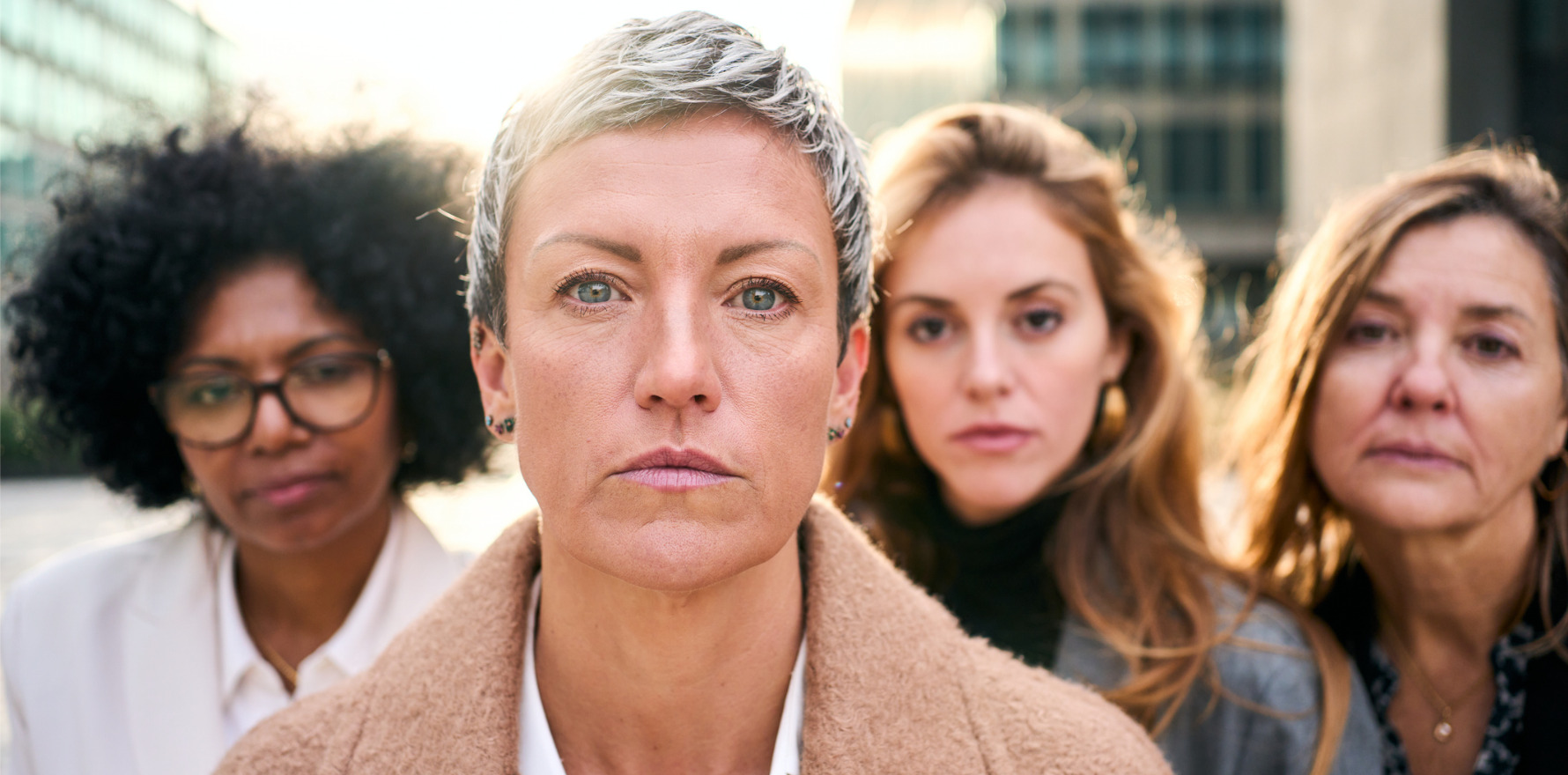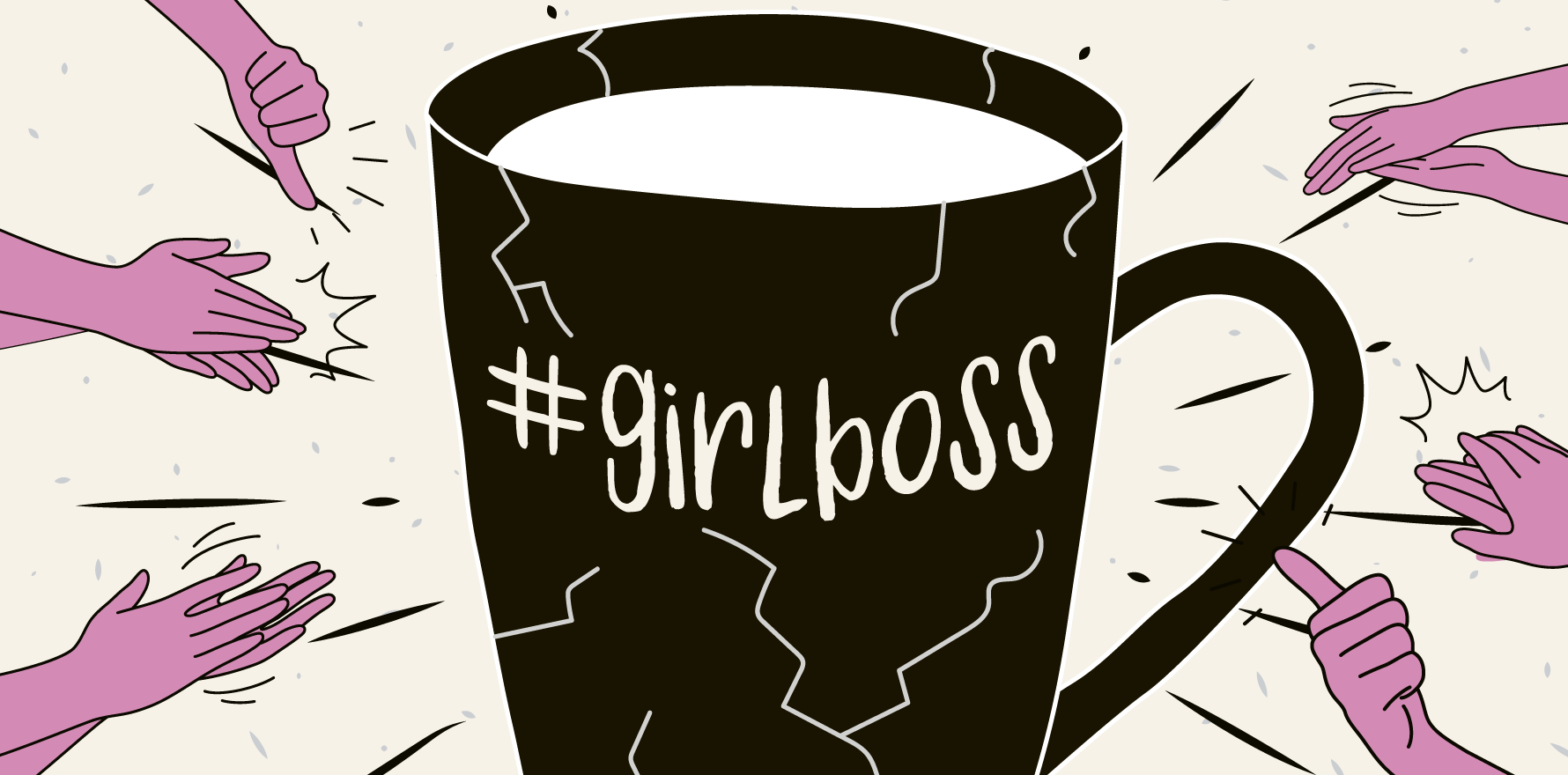If we don’t advocate to the point of pain, half the population will keep living in danger.
I spend all day advocating for patients. That is general practice. We advocate for the wellbeing and rights of our patients and most of us will see it as a fundamental duty.
I am advocating every time I call a specialist or hospital angry, frustrated from long wait times for appointments, or delayed care, or unsafe discharges, or “GP to follow up” recommendations, or denied referrals.
I am advocating every time I write a passive-aggressive-aggressive-largely-aggressive letter to bullying workplaces, specifically noting I have recommended involvement of the Fair Work Commission. I am advocating every time I support a patient’s request to get a second opinion. I am advocating when I offer (unfairly) divisive clinical services like medical terminations of pregnancy.
Every time we arrange an interpreter, even though the consult will be harder and take longer, we are advocating for the patient’s right to their language and culture. Every time we protect the confidentiality of an at-risk teen and refuse to disclose irrelevant information to their overbearing parent, we are advocating for the needs of the child. Whether you call it that or not, we are absolutely advocates.
During my specialist GP training many years ago, I was offered advice that forever changed the way I practised. A senior GP said: “Give your patients the kind of care that you would want your parents to get.” Thereafter, I held back not one iota in advocacy for my patients.
I have no interest in colluding with problematic people and systems or pandering to unsafe doctors with dangerous egos.
As GPs, we take ownership of our patients – and how can I treat people and families for decades if I don’t care enough to advocate for their needs and rights? I have to advocate for my patients and believe that some other doctor is out there advocating for my family. I do what I need to, in order to make sure my patients and I share in safety, respect and trust.
One of the best things about GPs is that we’re often advocates for each other, too.
My LinkedIn feed, text messages and emails are full of inspiring GPs advocating for the sustainability of general practice, or Medicare rebates that are actually worth the work we do.
There are GPs leading massive advocacy to control the climate crisis, the single biggest threat to human health. You want to be a good doctor, but you don’t want to vocalise and act on behalf of the environment, that’s too much? How? How’s that fair or logical? There are doctors out there, fighting the fight for all of us, even when so many will quietly sit in the corner afraid to voice and support, or worse, are completely indifferent.
Related
And … here’s where this becomes an International Women’s Day piece … isn’t that feminism, too?
Aren’t some of us risking our reputations and personal safety and unfair comments and offensive judgements in our efforts of advocacy for all women? Haven’t we said this again and again and again – that we are not fighting to force subscription to our lifestyles by others – we are fighting for the choice.
I don’t mean superficial choices like colour in gender norms, or the right to retain our name after marriage (although yes, obviously freedom in these choices is essential). I mean the choices you can make when you have the right to basic education and literacy, and advanced education to bear a high-paying job, financial independence from early womanhood and the right to be heard.
The right to safety does not exist today for women. It does not exist.
Do you understand the anger? The tears, the frustration, when women tell you that we are still fighting for the right to safety?
I don’t have freedom in decisions, I don’t meaningfully have choice, if I am still afraid to walk to the car alone at night in the staff carpark. I am a high-achieving, high-earning, English-speaking doctor who even still is not given the privilege of safety. And if it impacts even me, imagine the threat to safety borne by all the women who are less privileged.
And by the way, if you think it’s “not all women” who worry about their safety, let me firmly tell you: boy, you are wrong.
Have I veered off on a tangent?
No.
If we are still fighting for women’s rights as basic as safety, then we are failing. We are not advocating hard enough, frequently enough or dangerously enough.
We’re all feeling it – unsettled, that the world is moving backwards. There are pockets of certainty and comfort within the large and increasing spaces of conflict and division and danger. This is a very worrying state to be in, right now.
There’s a reason the 2025 International Women’s Day theme is “Accelerate Action”, to “highlight the urgent need to drive gender equality through bold, decisive actions rather than slow progress”. There is a clear, obvious, universal threat to women’s safety.
Surely you must know how hard it is to put my name at the end of a piece like this, aware that I have many roles and responsibilities, even if I preface with the cop-out disclaimer that “views are my own”?
Please don’t sit back, allowing a numbered few to do the heavy lifting when it comes to fighting for our rights and for fairness.
I beg of you. Make your advocacy strong and loud. Be brave in your advocacy. The braver you are, the braver I can be. The braver we are, the safer we are.
Dr Pallavi Prathivadi is a Melbourne GP, member of the Eastern Melbourne PHN Clinical and Practice Council, and GP Lead of the RACGP Academic Post cohort support and education program. She holds a PhD in safe opioid prescribing and was a Fulbright Scholar at the Stanford University School of Medicine. She is studying creative writing at Harvard University’s Division of Continuing Education.





